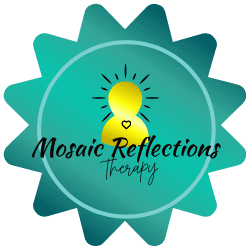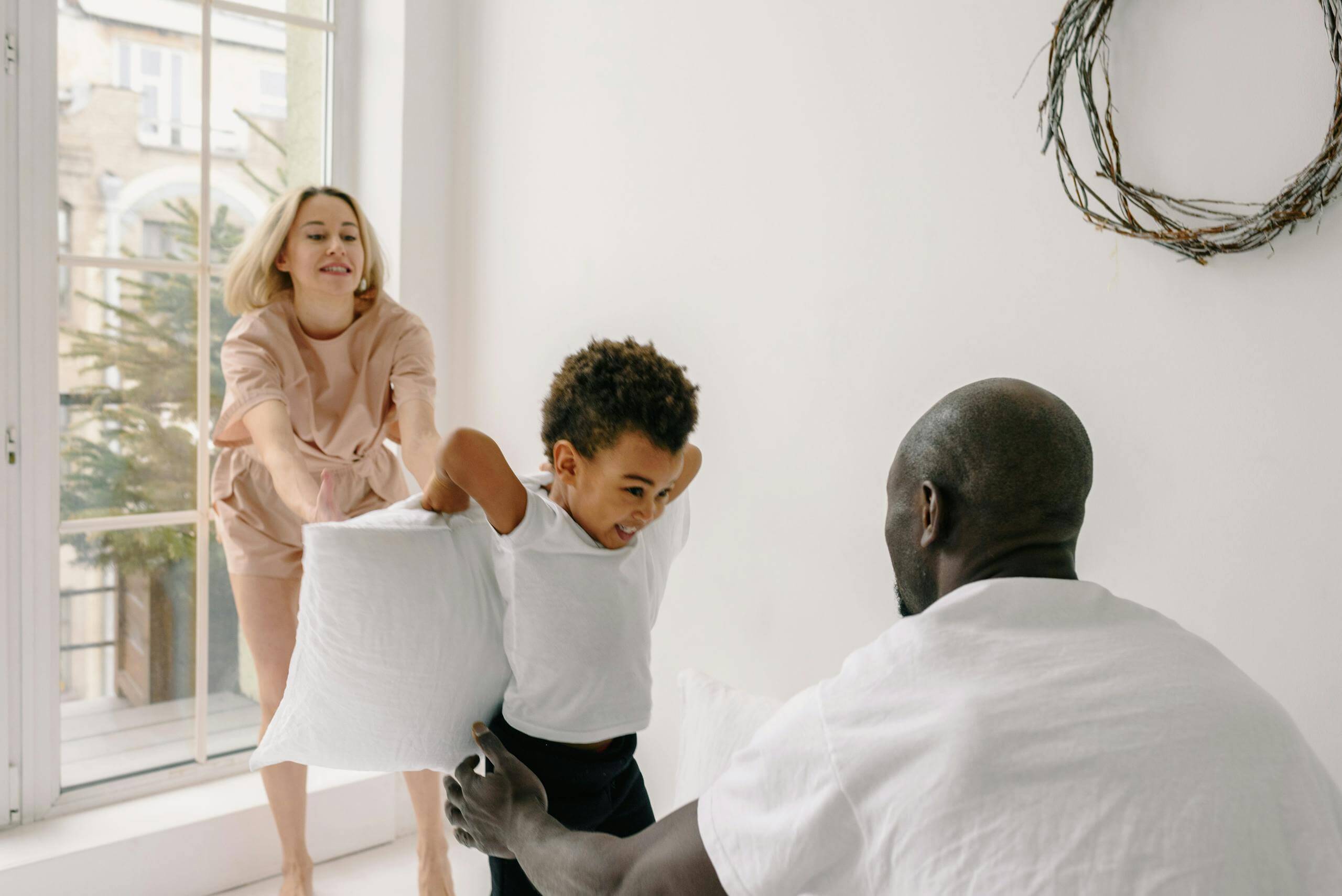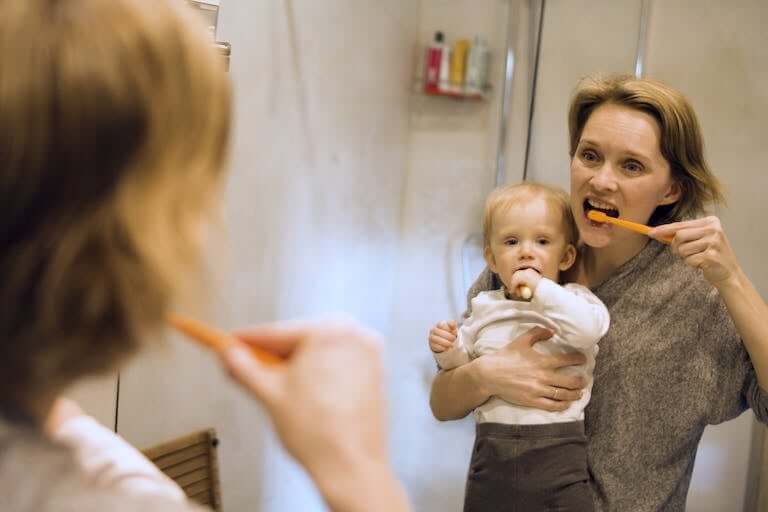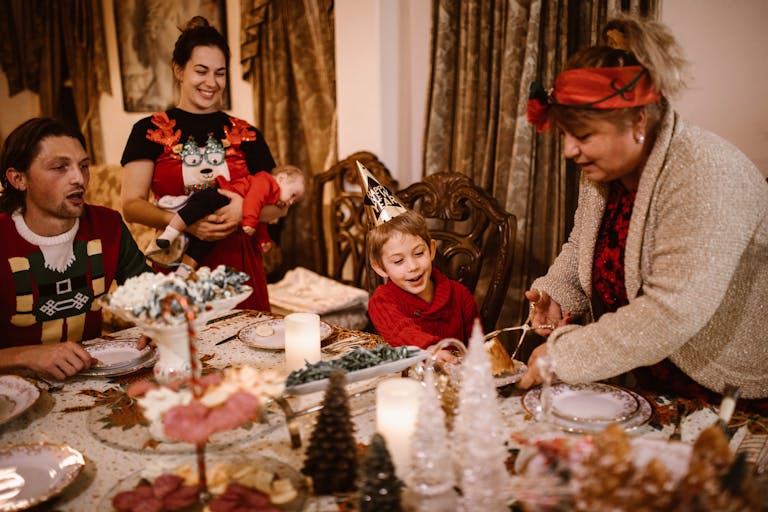Attachment Styles: Secure, Anxious, Avoidant… Or Just Over It?
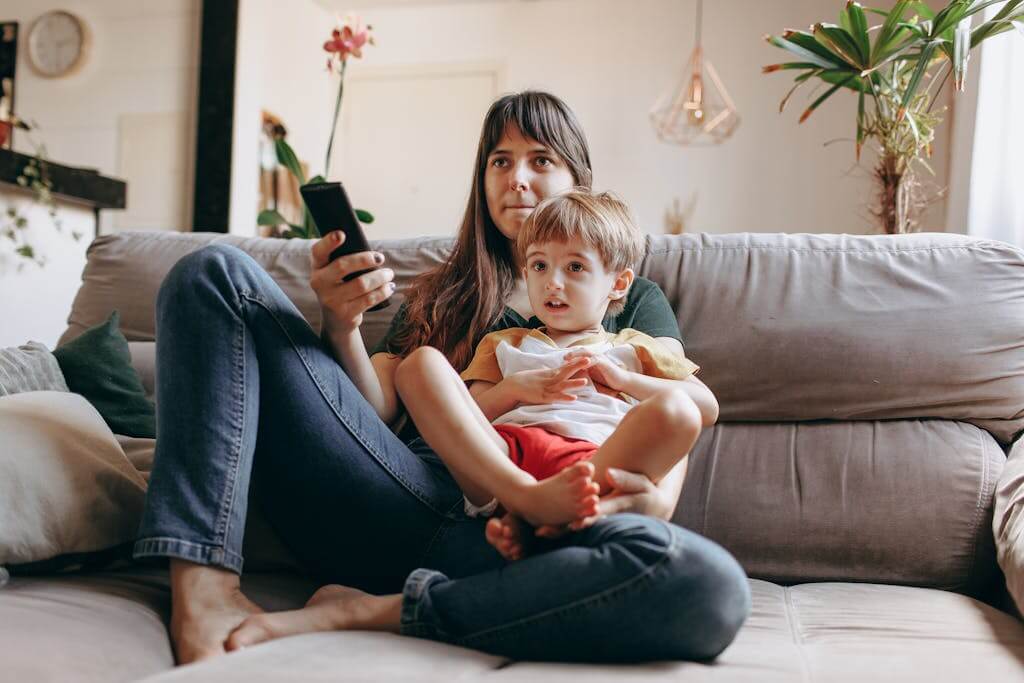
How Attachment Styles Shape Your Parenting (And Marriage)
Ever feel like you’re starring in your own sitcom, where you’re playing all the roles at once? You’re wiping noses, breaking up sibling fights, saving the day, and wondering, “Did I sign up for this when I said I wanted kids?”
Oh, and let’s not forget your marriage—where sometimes you’re a team, and sometimes you’re two people silently fighting over who took out the trash last. If this feels eerily familiar, you might just have an attachment style running the show.
As a therapist specializing in therapy for overwhelmed moms, I see this every day. Parenting and marriage have a magical way of poking at all the emotional baggage we thought we’d buried (or at least stuffed into a closet labeled “Do Not Open”). The good news? Once you understand your attachment style, you can stop repeating the same patterns and start showing up with more confidence, patience, and maybe even fewer daily meltdowns (yours and theirs).
Let’s break it down—attachment styles, why they matter, and how tools like brainspotting therapy can help you calm the chaos. Grab your coffee (or wine, no judgment), and let’s get into it.
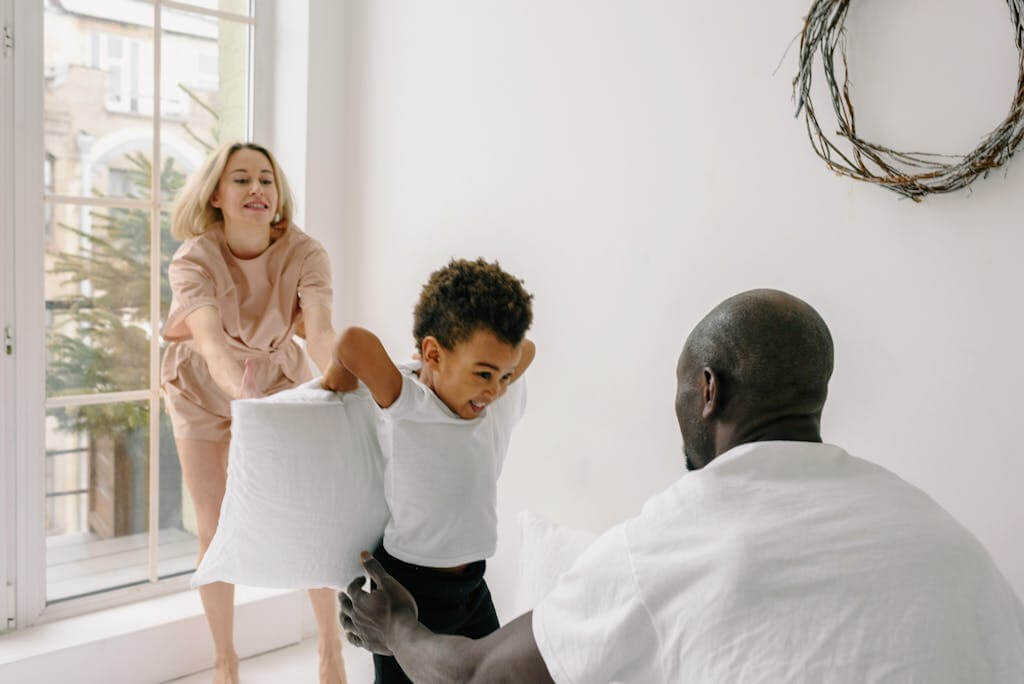
What Are Attachment Styles and How Are They Formed? (AKA: Blame It On Your Childhood)
Attachment styles are basically your emotional “relationship blueprint,” formed way back in childhood. By the time you were three, your brain was already downloading cues from your caregivers about what relationships should feel like. (Yes, three. Just when you thought toddlers were only mastering Play-Doh.)
Here’s the quick and dirty breakdown:
- Secure Attachment: Your caregivers met your needs consistently, so you learned, “Hey, people are safe, and I’m lovable.” Nice.
- Anxious Attachment: Caregivers met your needs sometimes… but not always. So, you learned, “If I scream louder, maybe I’ll get attention!”
- Avoidant Attachment: Your caregivers were emotionally unavailable or distant, so you thought, “Feelings are overrated. I’ll just handle this myself.”
- Disorganized Attachment: Your caregivers or their reactions were unpredictable so you mastered, “I crave closeness, but I’ll push people away before they get too close to push me away.”
These early experiences shape how you connect with others today—whether it’s your kids, your partner, or your best friend who texts you memes at 2 AM.
The Four Attachment Styles:
The Good, The Bad, and the Why Is This So Hard?
1. Secure Attachment (The Unicorn of Attachment Styles)
If you’re securely attached, congratulations! You probably have a healthy mix of confidence and emotional availability.
Parenting Vibes:
- You stay calm(ish) during tantrums and meet your kids’ needs without spiraling into guilt.
- You set firm but loving boundaries without feeling like the “mean mom.”
Marriage Vibes:
- You can communicate your feelings without needing a decoder ring.
- You trust your partner and don’t spiral when they take too long to text back.
In short, you’re pretty chill about relationships. So, wear your emotional security like a superhero cape and celebrate! Keep shining and spreading that positive vibe—you’re doing amazing!
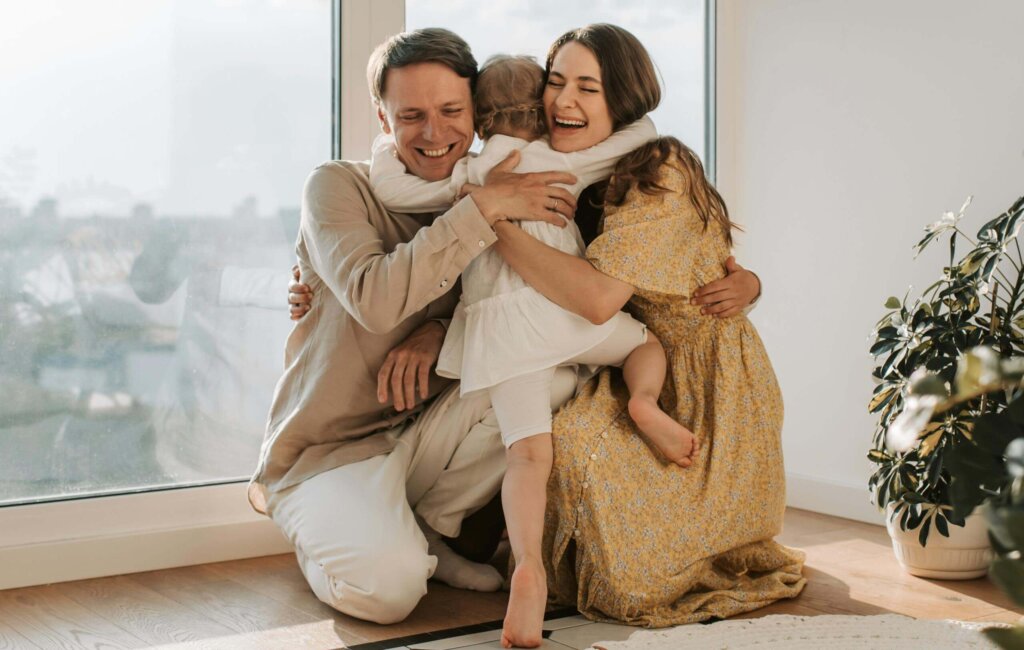
2. Anxious Attachment (The Overthinker’s Special)
If you constantly second-guess yourself or overanalyze every interaction, welcome to anxious attachment. You care—a lot—but it can feel like you’re running on emotional fumes.
Parenting Vibes:
- You hover like a helicopter parent, worried you’re not doing enough.
- Your kid’s tantrum feels like a direct attack on your parenting skills. (Spoiler: It’s not.)
Marriage Vibes:
- You need lots of reassurance, like “Do you still love me even though I forgot the laundry again?”
- You might take your partner’s silence personally. (They’re probably just thinking about snacks.)
Anxious attachment can be exhausting—like running a race where no one told you where the finish line is.
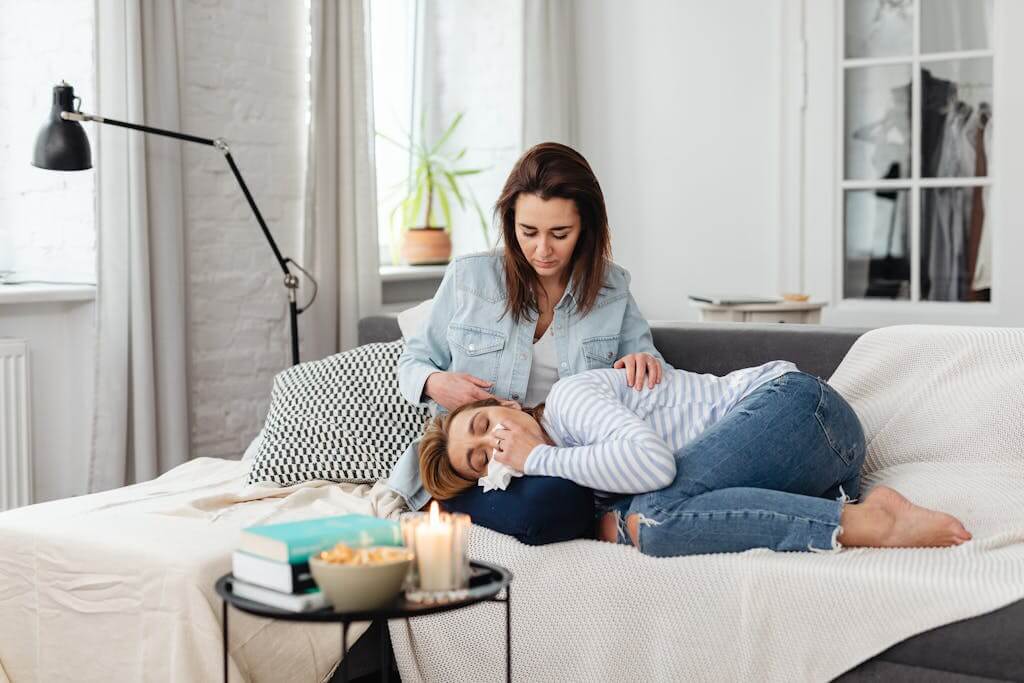
3. Avoidant Attachment (The Lone Wolf Mom)
Avoidant attachment is all about independence. You learned early on that emotions = messy, so you prefer to keep people at arm’s length.
Parenting Vibes:
- You feel overwhelmed when your kids’ emotions come in like a tidal wave.
- You’d rather not talk about big feelings, thank you very much.
Marriage Vibes:
- Your partner’s attempts to “talk it out” might make you want to hide in the pantry.
- You need space—but your partner might mistake it for disinterest.
Avoidant attachment doesn’t mean you don’t love your family—you just value calm… and silence. Lots of silence.
4. Disorganized Attachment (The Hot-and-Cold Combo)
Disorganized attachment is like anxious and avoidant attachment had a very confusing baby. It often develops from trauma or inconsistent caregiving.
Parenting Vibes:
- You flip between wanting to connect and needing to pull away.
- Your own triggers can make it hard to respond calmly to your kids.
Marriage Vibes:
- You crave closeness but also fear rejection, so you might push your partner away.
- Conflict can feel overwhelming, so you avoid or explode (or both).
It’s tough, but healing is absolutely possible.
How Does Parenting Shine a Flashlight on Your Attachment Style?
If you’re wondering, “Why does parenting feel so triggering?” here’s your answer: your kids are tiny emotional mirrors. Their big feelings can shine a spotlight on the parts of you that feel unresolved.
For example:
- Anxious Attachment: Your kid ignores you, and suddenly you’re spiraling. “Why don’t they listen to me? Am I failing?”
- Avoidant Attachment: Your kid’s meltdowns make you want to run for the hills. “Why do they need so much from me?”
Parenting isn’t creating these responses—it’s just showing you where they live.
So, What’s the Hardest Attachment Style to Parent With?
If I had to hand out a trophy, it’d go to disorganized attachment. It’s like trying to play emotional Twister—you’re unsure whether to reach for closeness or back away. But honestly?
Parenting is hard no matter what attachment style you have.
The real challenge lies in being aware of your patterns and learning healthier ways to connect. That’s where therapy for overwhelmed moms comes in.
Can Attachment Style Change Over Time?
The short answer? Yes! The long answer? It takes consistency, patience, and a whole lot of self-awareness. Life events, relationships, and therapy can all help shift your attachment style. For example, a securely attached partner can show you what safety looks like, and therapy (hello, brainspotting therapy!) can help you process old wounds so you can approach relationships with less baggage and more confidence. So, if your attachment style feels like a bad habit you can’t shake, don’t worry—it’s not set in stone. With a little effort, you can rewrite your emotional blueprint and show up for your family in a whole new way.
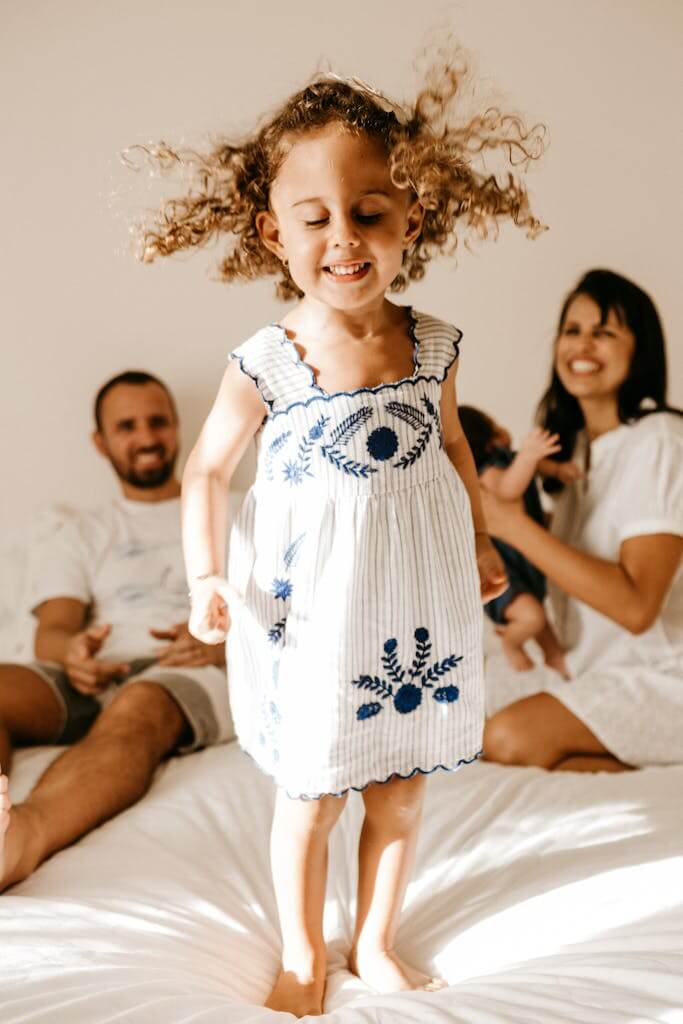
How Brainspotting Therapy Can Help You Heal
(And Stop Passing It On)
If you’re tired of feeling stuck, brainspotting therapy might be your new best friend. Brainspotting works by helping you access and heal the emotional pain stored deep in your brain—pain that often drives attachment struggles.
How It Helps:
- Anxious Attachment: You can calm that constant worry and feel safe without external validation.
- Avoidant Attachment: You can open up emotionally without feeling overwhelmed.
- Disorganized Attachment: You can heal old trauma that keeps you stuck in confusing patterns.
Brainspotting isn’t magic—it’s science. And it works.
Your Kids Don’t Need Perfect—They Need You
Your attachment style might explain why parenting and marriage feel so damn hard sometimes. But it doesn’t mean you’re stuck. Healing is possible, and you don’t have to do it alone.
As a therapist specializing in therapy for overwhelmed moms, I’m here to help you untangle those old patterns. With the right support—whether it’s brainspotting therapy, self-awareness, or just cutting yourself some slack—you can show up for your family in a way that feels calm, connected, and real.
Remember: Your kids don’t need you to be perfect. They just need you—imperfect, healing, and human. Now go give yourself a break… and maybe hide in your bedroom for five minutes. You’ve earned it.

Eleena Hardzinski is a Licensed Marriage and Family Therapist and a Certified Brainspotting Therapist who practices online in North Carolina, South Carolina, and Wisconsin.
Eleena supports women struggling with motherhood, relationships, past traumas, ADHD, and anxiety. She helps overwhelmed moms find balance, overcome guilt, establish healthy boundaries, heal from past traumas, improve family communication, and regain confidence and joy in their lives.
